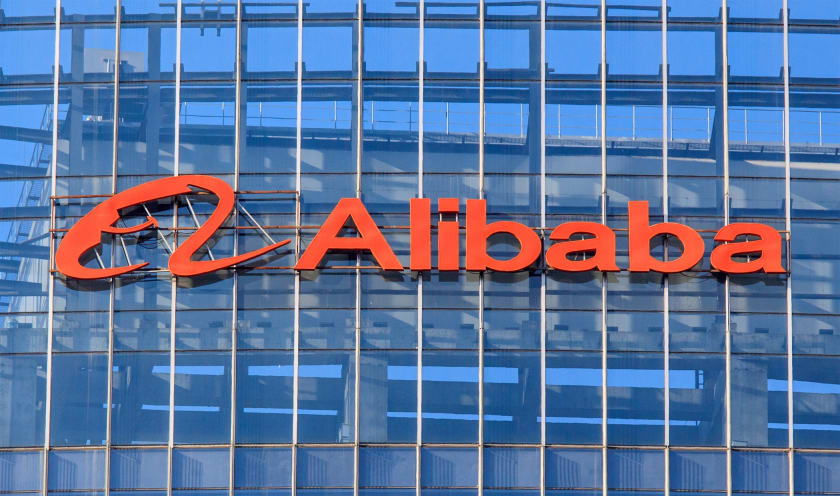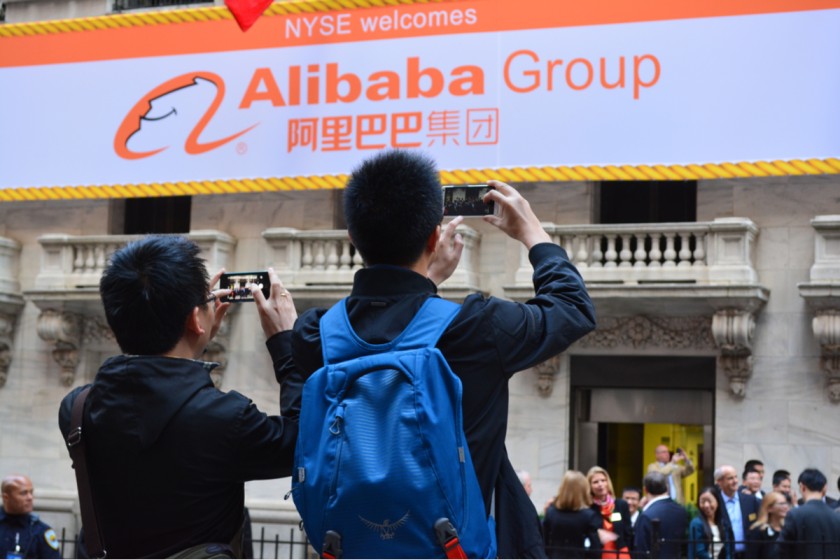Case study on how Alibaba is eBay of China and possible areas of flaws and how it is better than eBay



eBay is a well-known multinational e-commerce corporation located in California. It is one of the world’s leading consumer-to-consumer and business-to-consumer service providers. In 2002, eBay stepped into the Chinese market through a joint venture with EachNet and was making significant profits. During that time, Alibaba company functioned as a business-to-business company helping small and medium scale Chinese retailers deal with its western suppliers.
Is Alibaba The eBay Of China?
eBay is a big company, and to compete with such an established brand, Alibaba needs to do things differently, and it certainly did. When eBay announced an online auction with the help of EachNet, Alibaba launched Taobao as a countermeasure. Ten years down the road, EachNet failed miserably with its model while Taobao has made Alibaba, eBay of the Chinese market.
During this period, Alibaba expanded its reach and has dominated every arena. It has established itself as the clear winner in the B2C, C2C, B2B segments. The company also made significant developments in group buying, cloud marketing, logistics, online payment, and even dominated online advertisement. In simple words, it has won over all the big brands like Amazon, PayPal, Google AdSense, eBay, and Groupon.
How Alibaba Won Over eBay In China And How Is It Better Than eBay
Winning over a global commercial giant is not an easy task. So Alibaba followed an indigenous, Chinese approach, and this strategy led to its victory in the Chinese market. Some of these strategies that Alibaba company used to win over eBay in the Chinese market also stemmed out from the probable flaws in the model used by eBay.
Build A Global Image

Jack Ma, the founder of Alibaba, believed that if they wanted to fight against a global brand, they needed to build a global image. Reiterating his vision, Jack Ma said, “our competitors are not in China but America’s Silicon Valley. So first we should position Alibaba as a global website.”
Stick To Your Roots
Jack Ma once said, “eBay may be a shark in the ocean, but I’m a crocodile in the Yangtze River. If we fight in the ocean, we lose, but if we fight in the river, we win.” And this is exactly what Alibaba company did in China. The company focussed on its domestic customers and did not waste its resources competing with eBay in international markets. When they realized that eBay was entering the B2B space (which was dominated by Alibaba) from C2C, they started strengthening their B2B game and launched an offensive in the C2C space.
Alibaba launched Taobao, which offered its services to local customers for free. To counter this, eBay also started offering its services for free, but they eventually dropped it due to increasing operating costs. As a result, the domestic customers began shifting towards Taobao because of its free services. Alibaba made a lot of revenue through advertising and sponsoring products on its page, thus minimizing its losses due to operating costs. While eBay constantly increased its fees to meet the global standards, which eventually stripped them of a significant number of Chinese sellers.
Securing A Large User Base
While eBay was busy maximizing its profits with high fees, Alibaba built its customer base by offering its services for free, which lasted for three years. After three years of giving its services for free, the Alibaba company successfully secured a large buyers base. Eventually, it started its premium services for buyers who were willing to pay more money for better services.
On the one hand, Alibaba used this premium listing to earn huge profits from people who were willing to pay. On the other hand, it secured its huge customer base by offering free services to non-premium customers.
Swift Guanxi is a concept prevalent in Chinese society where they believe that people need to develop a pervasive interpersonal relationship with their clients to establish any business. Understanding the need of customers is very important, and this is what Alibaba did through its advertisements and online support systems.
Localized Strategy
When eBay launched Eachnet, it asked sellers to create a new ID on the platform, making them lose all the previews reviews and scores they have received on other platforms, compelling them to start over. Moreover, the designs and graphics used on Eachnet did not appeal to the local public, and in some places, people found them offensive.
On the other hand, Taobao by Alibaba did not have any such conditions. Its graphics were jazzier, and people found its advertisements more relatable than those of Eachnet. Alibaba started an online chat service named AliWangWang, which helped customers connect directly with the sellers. Chinese people had a common habit of bargaining before buying a product, and this channel offered them an option to bargain. This service increasingly became popular, and as other brands like eBay do not offer these options, customers migrated towards Alibaba.
Earn Trust Of Your Customers

Taobao offered customer support via phone to its customers and sellers on its e-commerce platform, while Eachnet did not. Furthermore, Alibaba’s Alipay offered its customers the option to pay after receiving their products. While eBay only offered direct payment options on Eachnet. These services made customers trust the services offered by Alibaba company, and they became more loyal to the company.
Advertise At The Right Place
eBay was a global brand and had tie-ups with all the big advertising agencies in China. Hence, it preferred marketing online as it believed that would fall in line with its global practices, which had earned them a significant customer base. On the contrary, Alibaba was a local brand and did not have the resources to buy advertising rights. But this fact did not worry Jack Ma because he knew that his primary customers were not online. Therefore, he started advertising on Television channels and newspapers, reaching directly to the heart of the Chinese market.
China has millions of small-scale manufacturing companies trying hard to connect themselves with the right customers. And through its localized advertisements, Alibaba made it possible.
Stop Auctioning The Products
One of the offerings of eBay that makes it different from other platforms is that it allows users to auction the products on the website. However, this failed very badly in the Chinese market as people do not know the actual worth of the product in the absence of a true price. On the other hand, Alibaba company provided a fixed price for all the products listed on its website. Doing this ensured that the buyers were not buying any product at an unreasonable price, and it also meant that the sellers would also get a fixed revenue and nothing less.
Worked With Local Banks
Taobao secured good relations with local banks, enabling them to build a strong, secure, and trusted online payment network. eBay only offered its customers to pay via PayPal, debit, and credit cards of a limited number of banks. This limitation on online banking by eBay did not suit many Chinese customers, and they eventually moved towards Alibaba.
Major Flaws In Alibaba
Alibaba has successfully established itself in the Chinese market, but it finds it very difficult to compete internationally. This is due to the flaws in its business model. One of the main flaws in its model is that it doesn’t give local sellers demographic advantages. For instance, if a company in America is selling shoes, that company will face direct competition from shoe sellers from all over the world listed in Alibaba.
Several companies worldwide have filed complaints against the company for its flawed products, irresponsible services, billing, and delivery methods. Some companies listed on its premium section feel that they are losing their integrity by adopting the advertisement and promises set by Alibaba company. There is information that confirms that numerous companies on Alibaba are cheating their customers by providing them fake products.
Another factor that makes Alibaba unreliable is that the brands that are listed on it do not have any actual share in the inventory of Alibaba. This creates a lot of issues because brands may not be able to fulfill all their promises because of the absence of products in their inventory.
We can conclude that Alibaba is better than eBay in the Chinese market due to its localized approach. While eBay tried to impose global standards on the Chinese sellers, Alibaba company understood the emotions of its sellers and modified its model accordingly. Finally, in 2006 eBay shut down its services in China due to huge losses. With eBay out of the picture, Alibaba company has dominated the e-commerce space dominated by eBay worldwide, making it the eBay of China. Much like eBay has dominated the international market, it has also monopolized the Chinese market with no competitors in sight.
However, if a clothing retailer wants to source good quality clothes, they can contact Fashinza. Fashinza is an apparel manufacturing B2B platform that connects clothing brands with suppliers, thus helping them manufacture their collections.



















